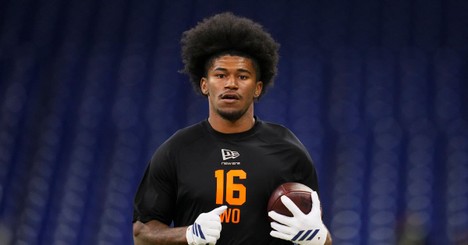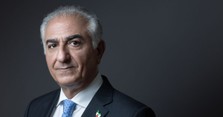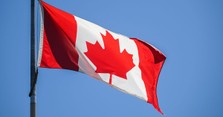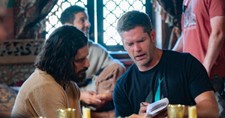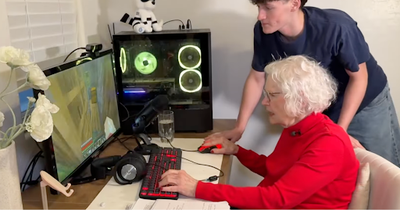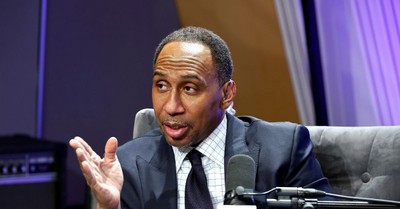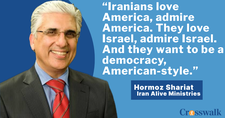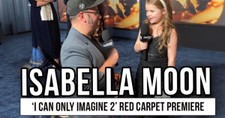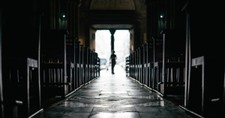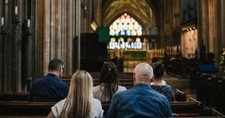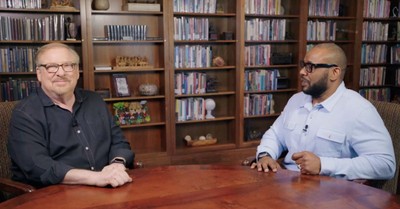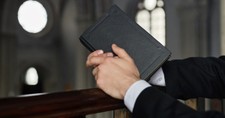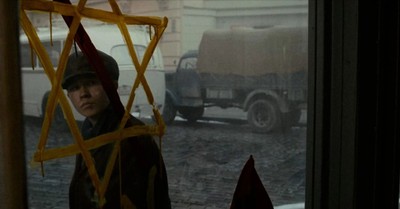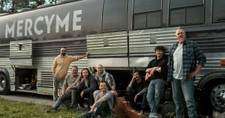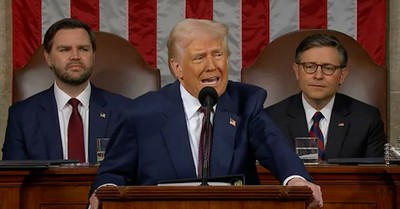
Trending Articles
Recent News
Is the Battle of Armageddon around the Corner? NFL Prospect KC Concepcion Inspires with Faith after Mockery of His Stutter Christian Leaders Say Iran Upheaval May Signal Prophetic Moment 5 Facts About Iran’s Potential Next Leader Christian Fined for Declaring Only “Male and Female” Sexes Exist Just War in Iran? 6 Christian Leaders Weigh In on the U.S.-Israel Attack on Iran Iranian-Born Christian Leader Expresses Joy, Optimism: ‘Regime Change Is Coming’ Pastors Debate AI’s Role in Sermons as Technology Advances Discouragement Is Not Weakness; It’s Warfare Japan Installing Missile Defense Unit near Taiwan as China Weighs Assisting Iran Demographics, Decline, and the Hope of the Church
Trending Articles
Recent News
Is the Battle of Armageddon around the Corner? NFL Prospect KC Concepcion Inspires with Faith after Mockery of His Stutter Christian Leaders Say Iran Upheaval May Signal Prophetic Moment 5 Facts About Iran’s Potential Next Leader Christian Fined for Declaring Only “Male and Female” Sexes Exist Just War in Iran? 6 Christian Leaders Weigh In on the U.S.-Israel Attack on Iran Iranian-Born Christian Leader Expresses Joy, Optimism: ‘Regime Change Is Coming’
Positive Stories
Celebrity
Video
Opinion
Church
Entertainment
Sports
Movies
Politics
Israel
Christian News Headlines - Breaking and Trending Religion News
Crosswalk Headlines - Christian news brought to you by a group of Christian writers and editors who are dedicated to creating a well-rounded look at what’s happening across the globe from a Christian worldview. Our vision is to inform and inspire productive discussion about the current events and online trends that shape our lives, our churches and our world.Crosswalk Headlines includes blog posts about current events and Christian media, breaking news, feature articles, and guest commentaries, many written by respected Christian thinkers.
